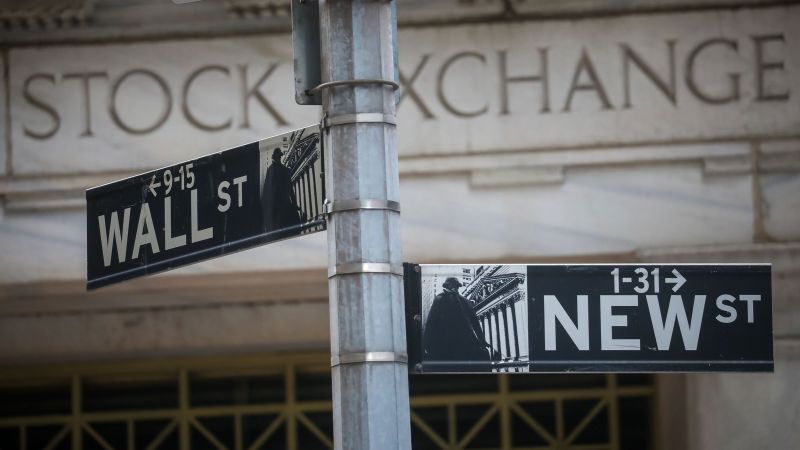'At least we're not out of business': Small companies in the Trump tariff era | South China Morning Post
In 2017, tired of supporting other people’s entrepreneurial dreams and watching e-commerce take off, Matt Rollens started Dragon Glassware in his garage with US$10,000 from savings and a small inheritance. A tea drinker, his first idea was a glass vacuum flask. But the prototype fell short, so he settled on drinking glasses as the US microbrewery craze exploded.
Over the next eight years, he built ties with skilled Chinese factories and expanded into licensed Barbie and Wicked drinkware as annual revenue grew tenfold to US$5 million. The future looked bright for Dragon Glassware, a case study in entrepreneurship and US–Chinese partnerships.
Until Donald Trump was re-elected US president, that is.
Within months, US$582 billion in US-China trade was upended as Trump imposed tariffs on Chinese imports, raising them in rapid-fire fashion, from 10 to 20 to 74 to 125 to 145 per cent – before a dizzying descent to 30 per cent.
“We went from awful to bad. At least we’re not out of business,” Rollens said. “I get the point about national security, it’s a sensitive issue. But it’s tough when you’re making glassware – for fun.”
This is the story of Dragon’s frustrations, struggles and bid to survive – one replicated for millions of small US and Chinese firms, as the world’s two economic giants slug it out, casting a pall over international trade.
The global economy is no stranger to body blows, having endured the 2008 worldwide financial crisis and Covid-19 pandemic. Different this time, however, is the origin of the calamity, a crisis driven by one self-described “tariff man”, a long-time believer in the blunt trade tool and wielding unorthodox claims that foreign countries, not US consumers, pay the price.











